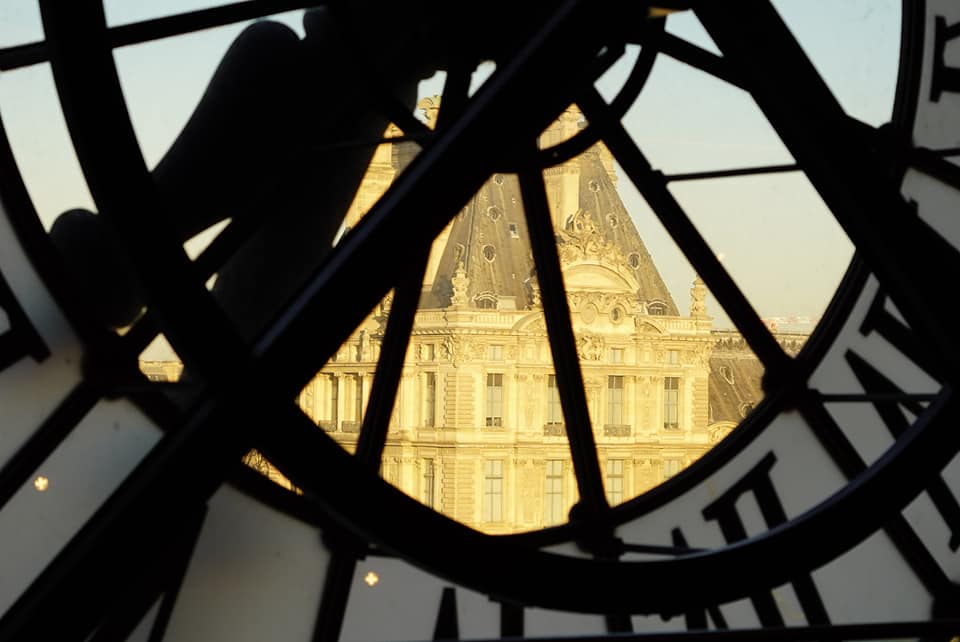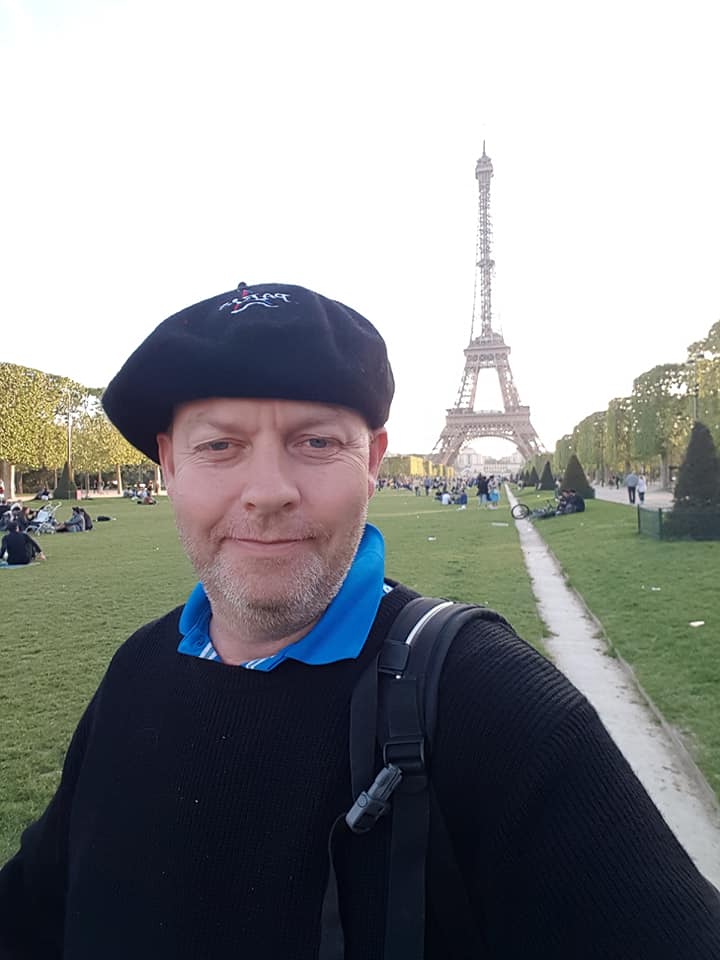Paradox in Paris
‘It is dirty. The locals are rude and arrogant. It is overcrowded. There are constant strikes and protests stopping the city from functioning.’
‘It is beautiful. The food is exquisite. The people are refined. The architecture is stunning. There is more to see than in any other city.’
Paris is the ultimate city of contradictions. It is a city that attracts more overseas visitors than any other, yet it similarly disappoints more people than anywhere else. Paris Syndrome is a psychiatric condition, whereby the sufferer experiences a debilitating level of culture shock caused by the reality of Paris failing to match the expectation. Particularly in Asia, the perception of Paris is almost a caricature. Perfection, in a way that no city could ever deliver, but one that film and television can attempt to portray, by covering the flaws and over-emphasising the highlights. Most of us understand we are seeing a snapshot of its best, but to some, this is the reality they expect. Failure to meet this has an unimaginable impact.
Paris is home to more unimaginably rich and enjoyable foods, yet there is very little obesity. Paris is
I love Paris, but after visiting many times, I was far from immune to all of the negatives that people express about the city. Most of what is written about the city focuses on either it’s perfection, or how bad it is. To me, the true Paris is a paradox, and that is what I sought to explore with Paradox in Paris.
When I write travel fiction, I tell the story of a city through the eyes of a traveller experiencing it for this first time and intertwine this with the city as seen through the eyes of a local who symbolises the city. In the city of paradoxes, I decided my local would be an expat rather than a Paris native. Paris has been a beacon for artists through history, from Vincent Van Gogh to Ernest Hemmingway to Jim Morrison. I decided to focus on an author, one who had arrived in the city with a dream.
John Martin became the character. The name started with Martin, a tribute to my uncle, a performing artist who worked in Paris amongst other places. He loved Paris and was always recommending I go there. Early in my first trip, I went to the Moulin Rouge, and one of the acts performed a routine similar to what my uncle had previously performed. It firmly entrenched the connection in my head between my uncle and the city, and then led me to create the nephew to be the traveller. John Martin also was a tribute to the iconic department store that had been part of Adelaide society for a century before failing to adapt to the changing world in the 1990’s and closing down. The character, originally from Adelaide, similarly struggled to adapt to changing times. The connections made the name a perfect fit.
The life of John Martin bares little resemblance to that of my uncle, and for that matter nor does the life of his nephew Elliot correlate to any stage of my life. This is a story of Paris, far more than the characters, and after providing a template from which to start with, the characters evolved into people who best drove the story of the city forward.
John’ relationship with Paris is as paradoxical as the city itself. He consistently bemoans the city he has tied himself to, yet there is a clear love for it that shines through in his actions. He

What makes a city great? The reality is that it all comes down to individual perceptions. Paris is not better nor worse than any other city, but it is better or worse to any individual. What endears it to millions makes it unbearable to many others. I adore Paris, but after visiting enough times, I began to develop a greater understanding of how the city evokes such a negative view from so many people.
I don’t consider Paris as being the city in any one particular facet, but it is a city that shines in so many facets. As a sporting city, it is a multiple host of the Olympic Games, it has hosted World Cup Football finals, it is one of four annual hosts of a Grand Slam tennis tournament and annually hosts arguably the world’s most prestigious horse race, the Prix de l’Arc de Triomphe and the iconic final stage of the Tour de France. All of this in a city where sport is not considered an essential part of the fabric. Far more renowned for its impact on fashion, cuisine, art and architecture, Paris is definitively one of the world’s most important cities. It may not be to everyone’s taste, but that doesn’t change its role in human culture.
The greatest travel experiences in my life have been less about the place, and more about the people that have defined those places for me. In some cases it has come from brief interactions with locals, while in others it has stemmed from my travelling companions. Either way, it is impossible to separate the city from our experience of it. A city you love can quickly turn sour, while revisiting a less endearing location can provide a whole new view if experienced in the right way. We can’t always control this, but we’re always best served remembering that our time in each place is far more than a reflection of just the city. F
Paradox in Paris seeks to

Paradox in Paris will be released on May 31, 2023. The E-book is available exclusively through Amazon. For people in Australia, the paperback can be bought through this website, while readers around the world can purchase it through most online book retailers.